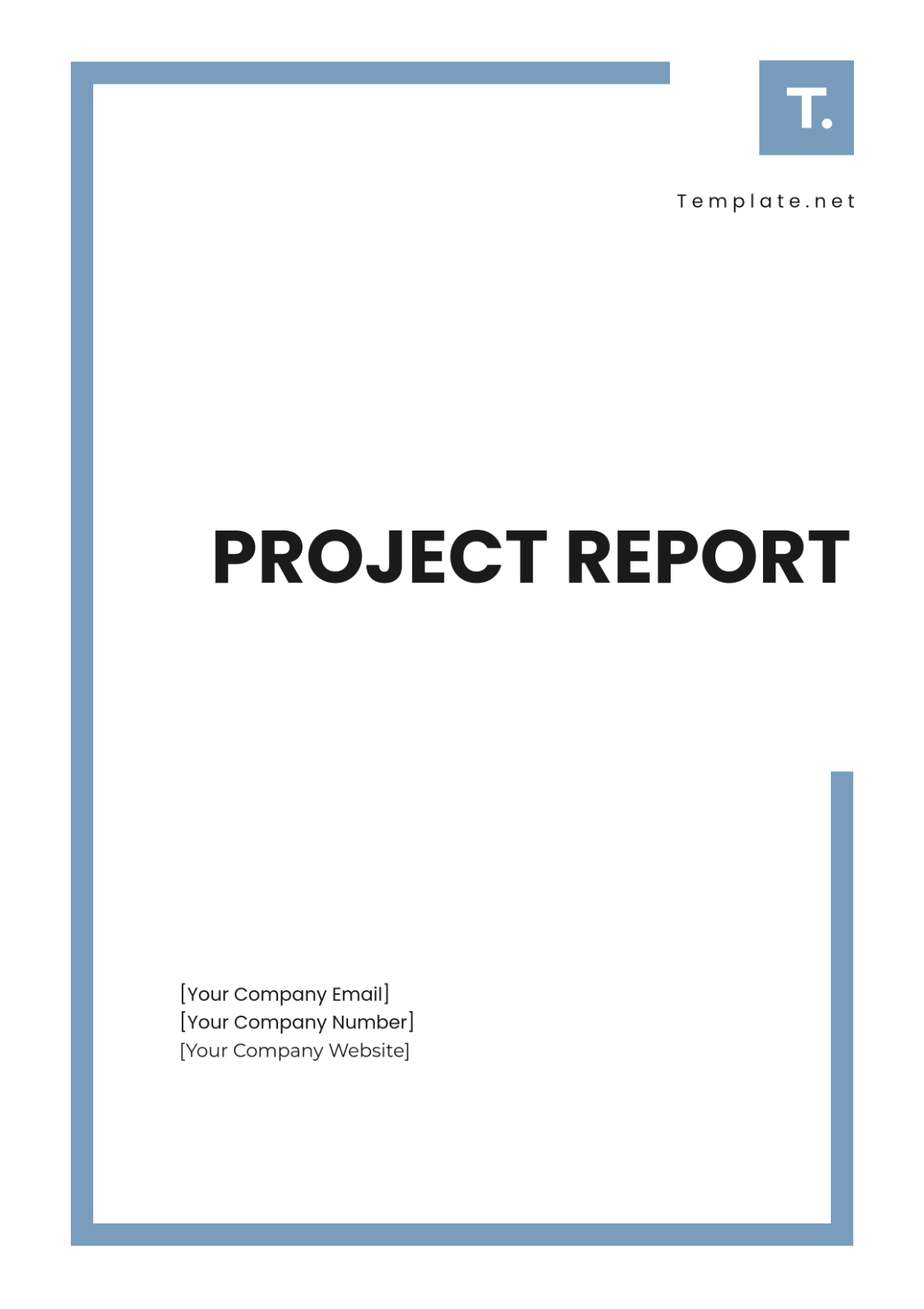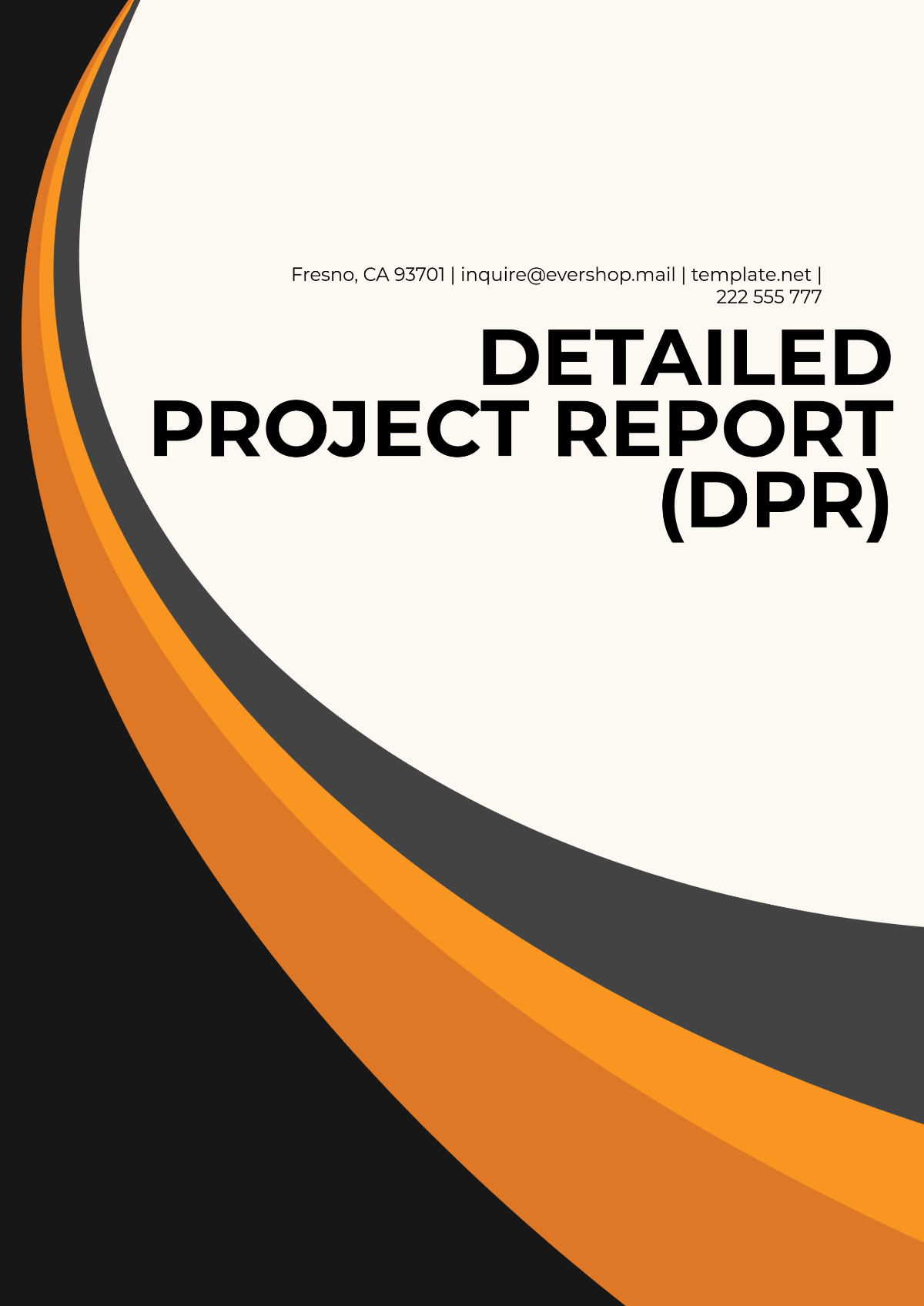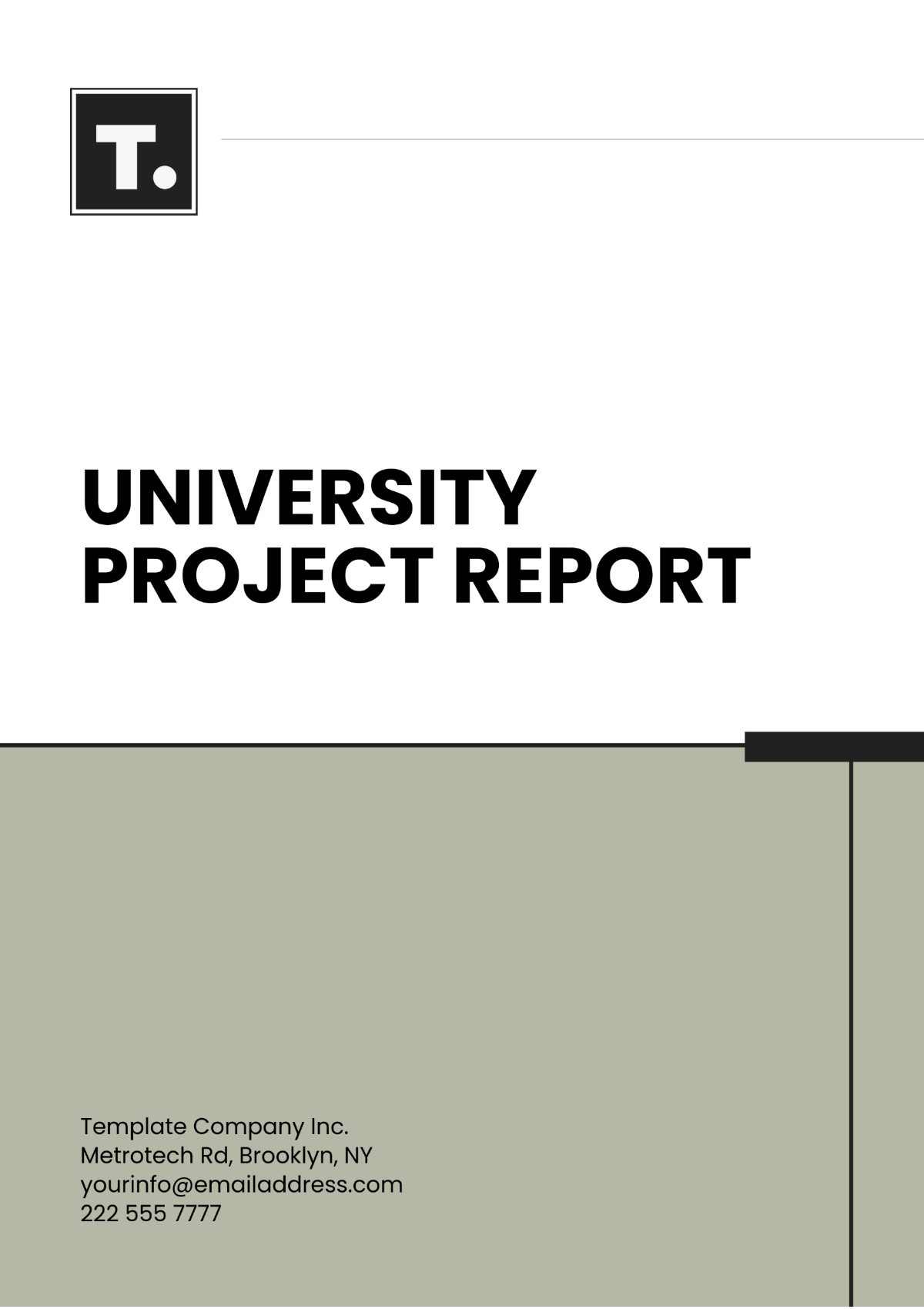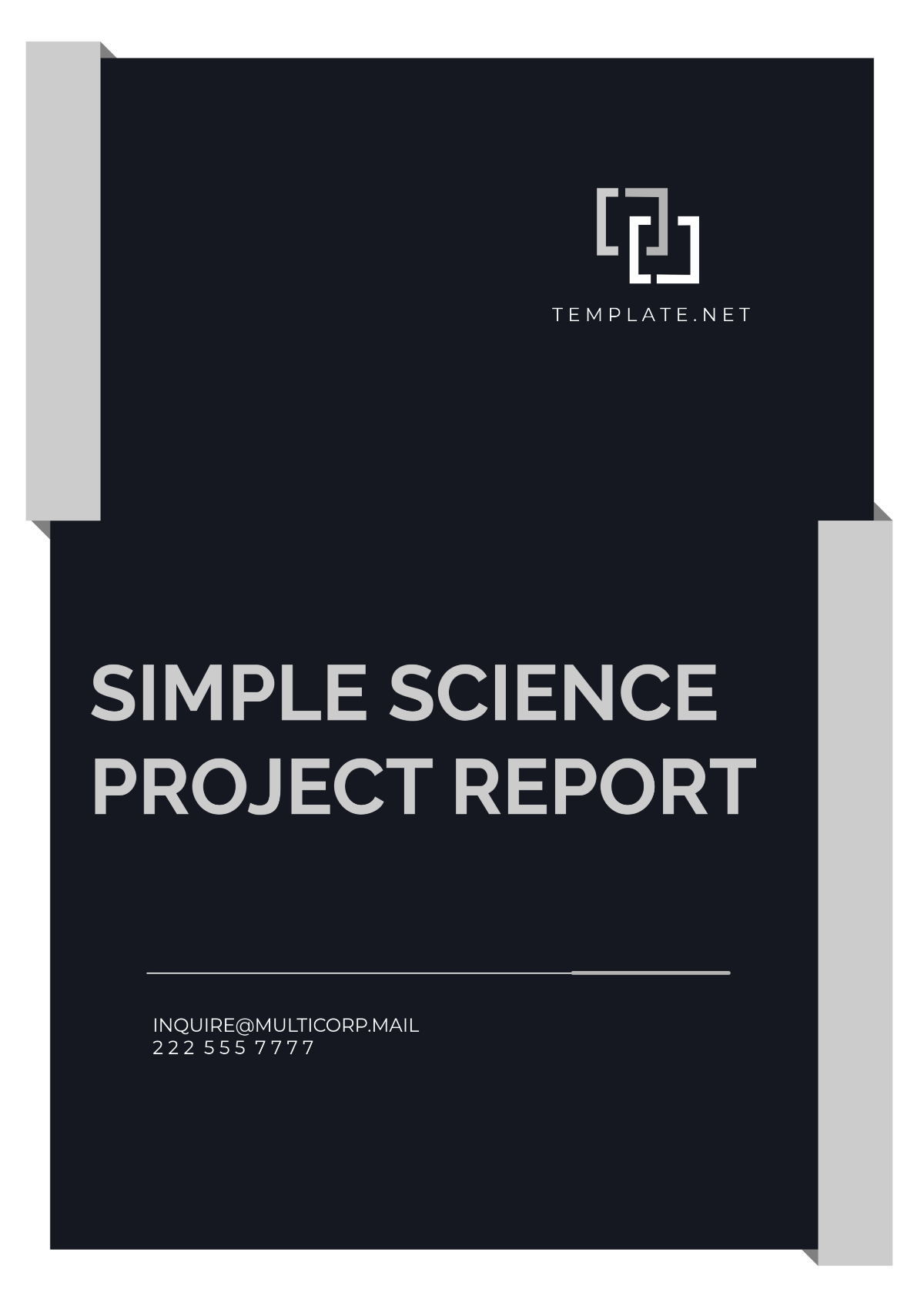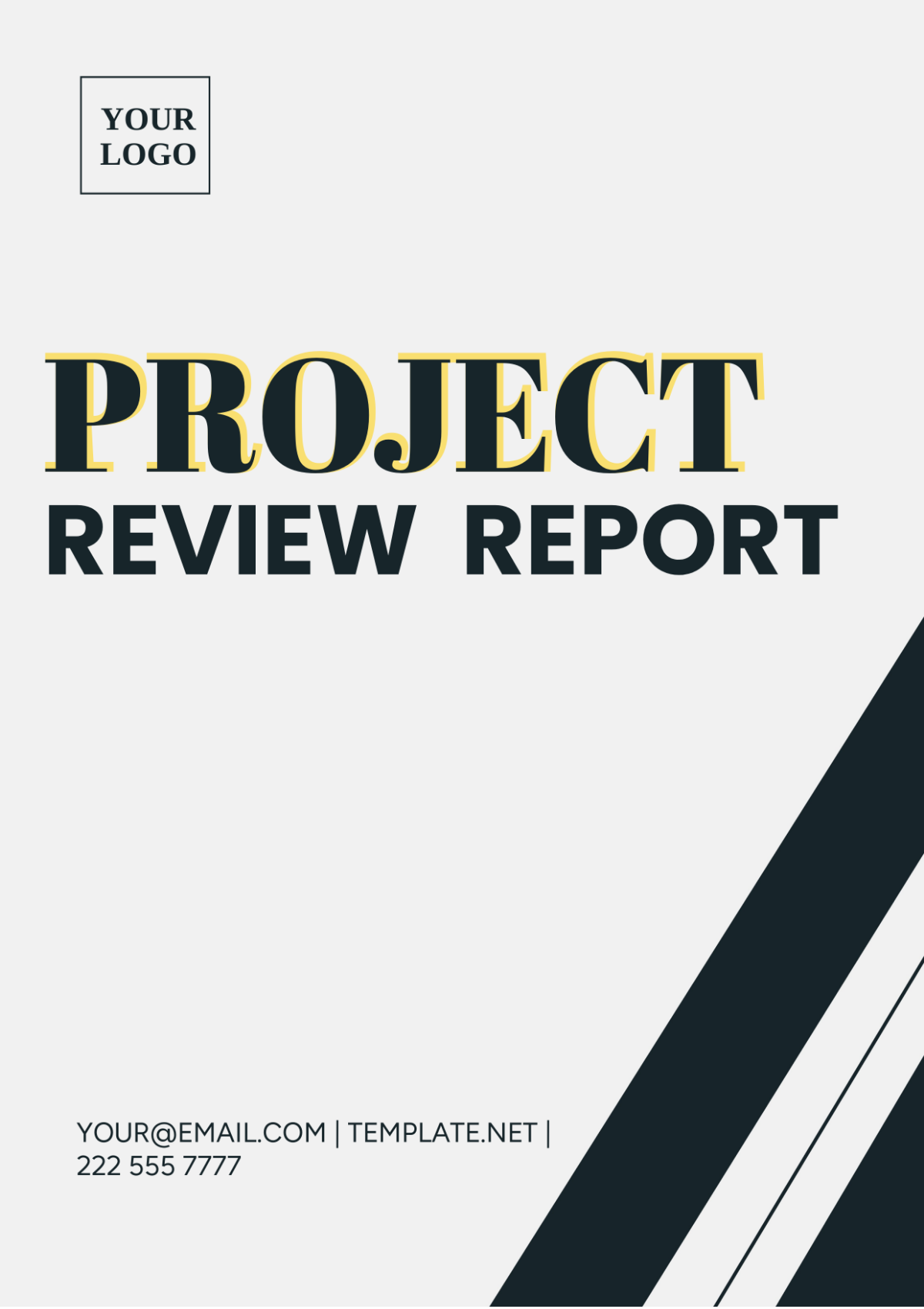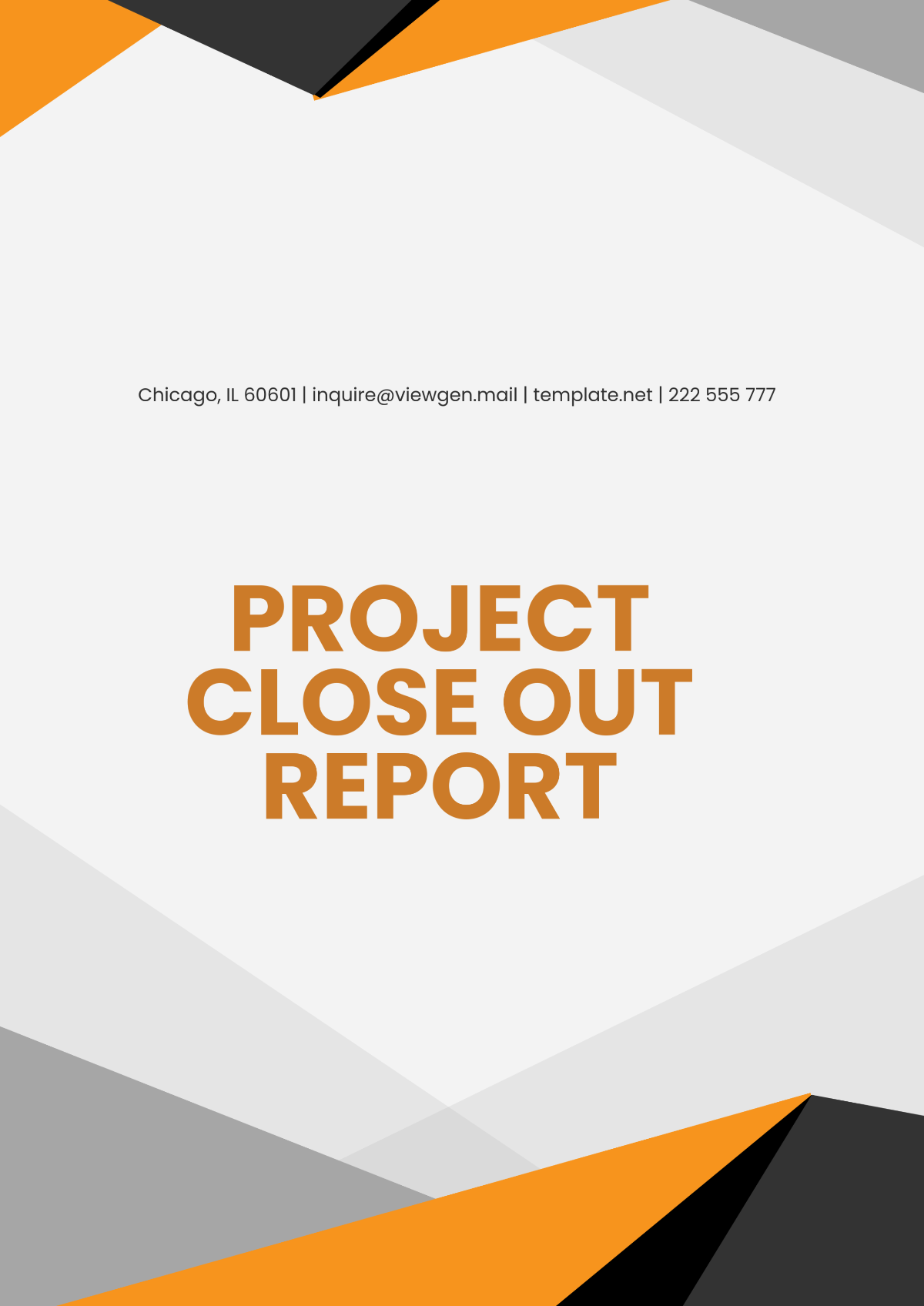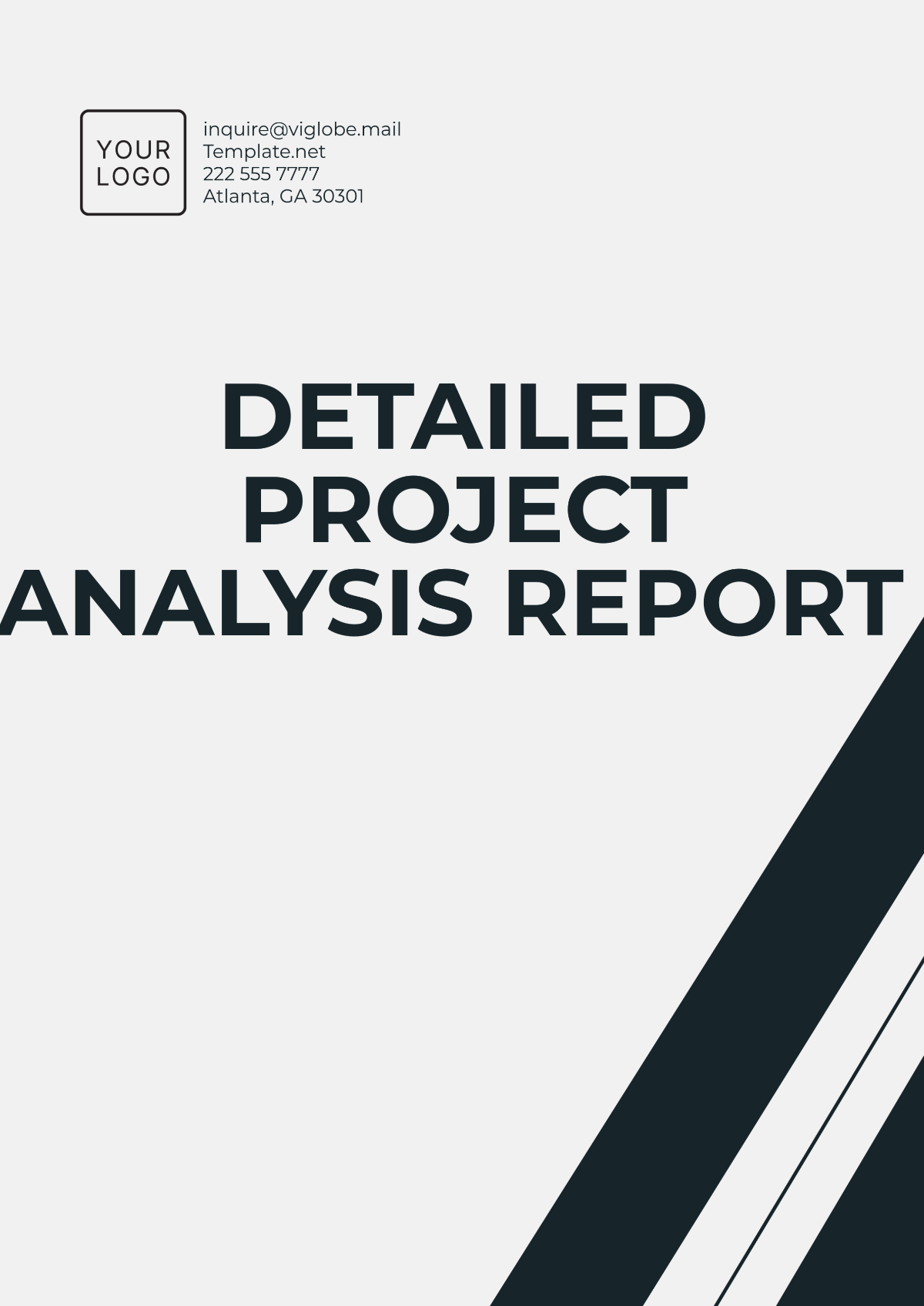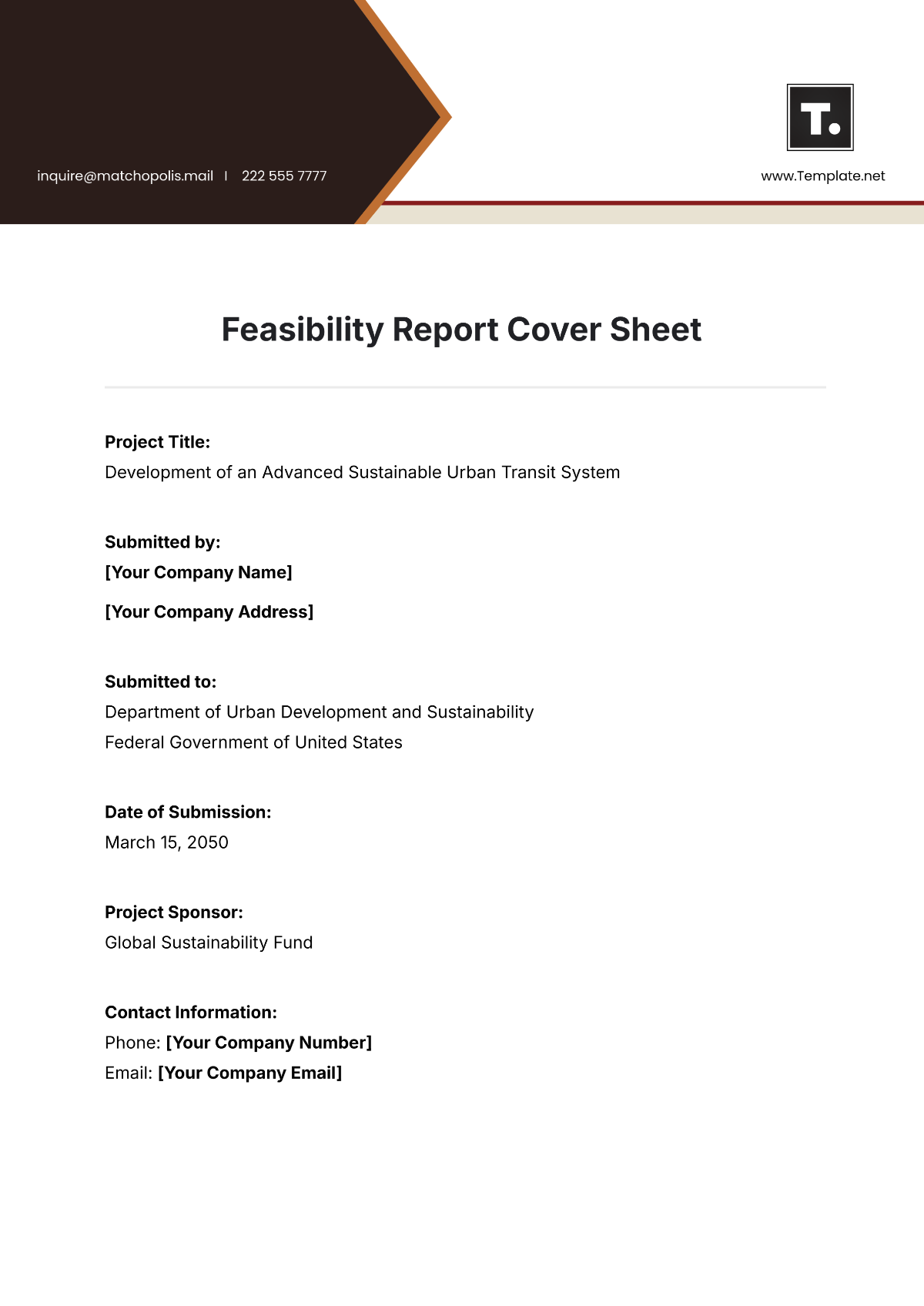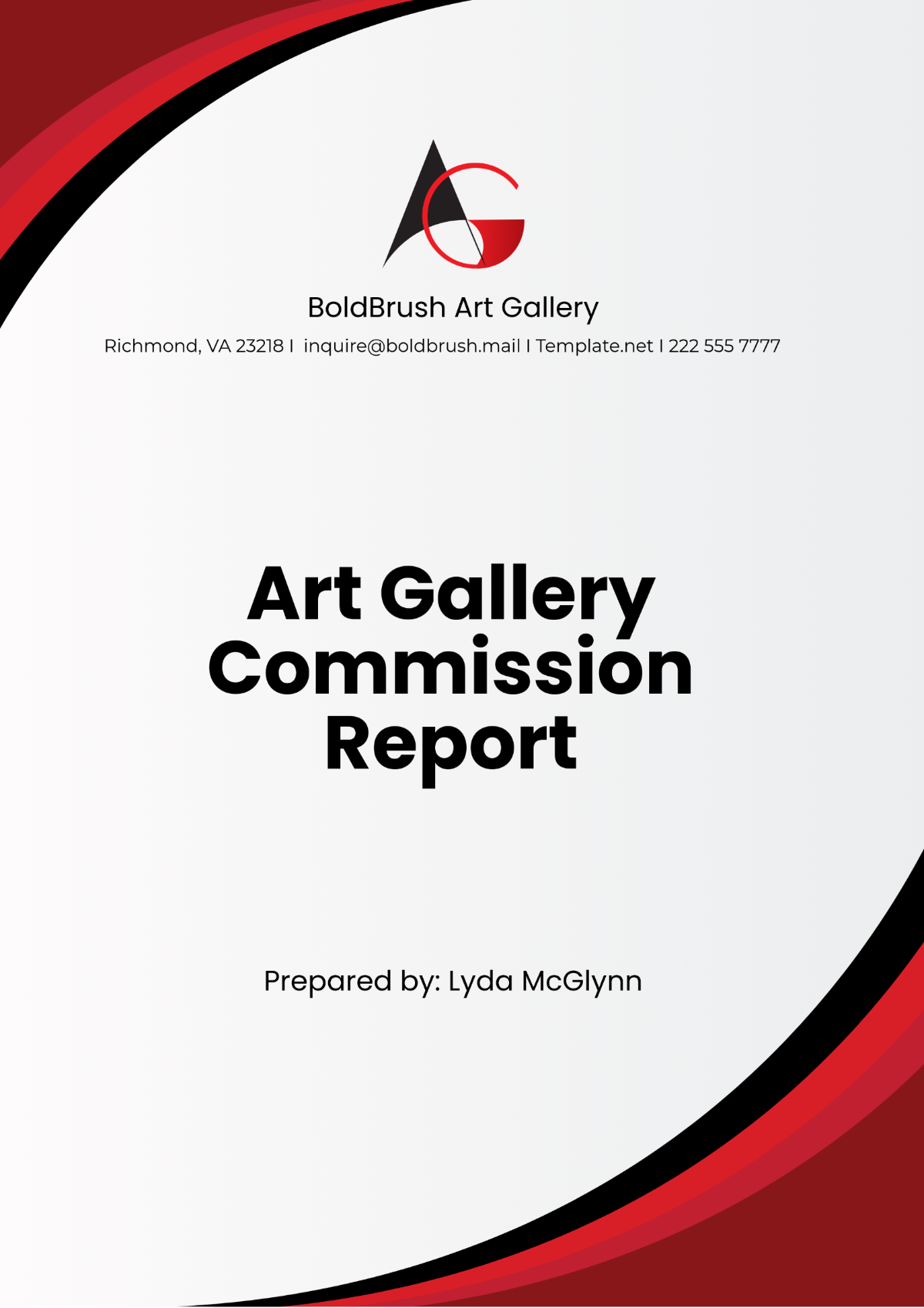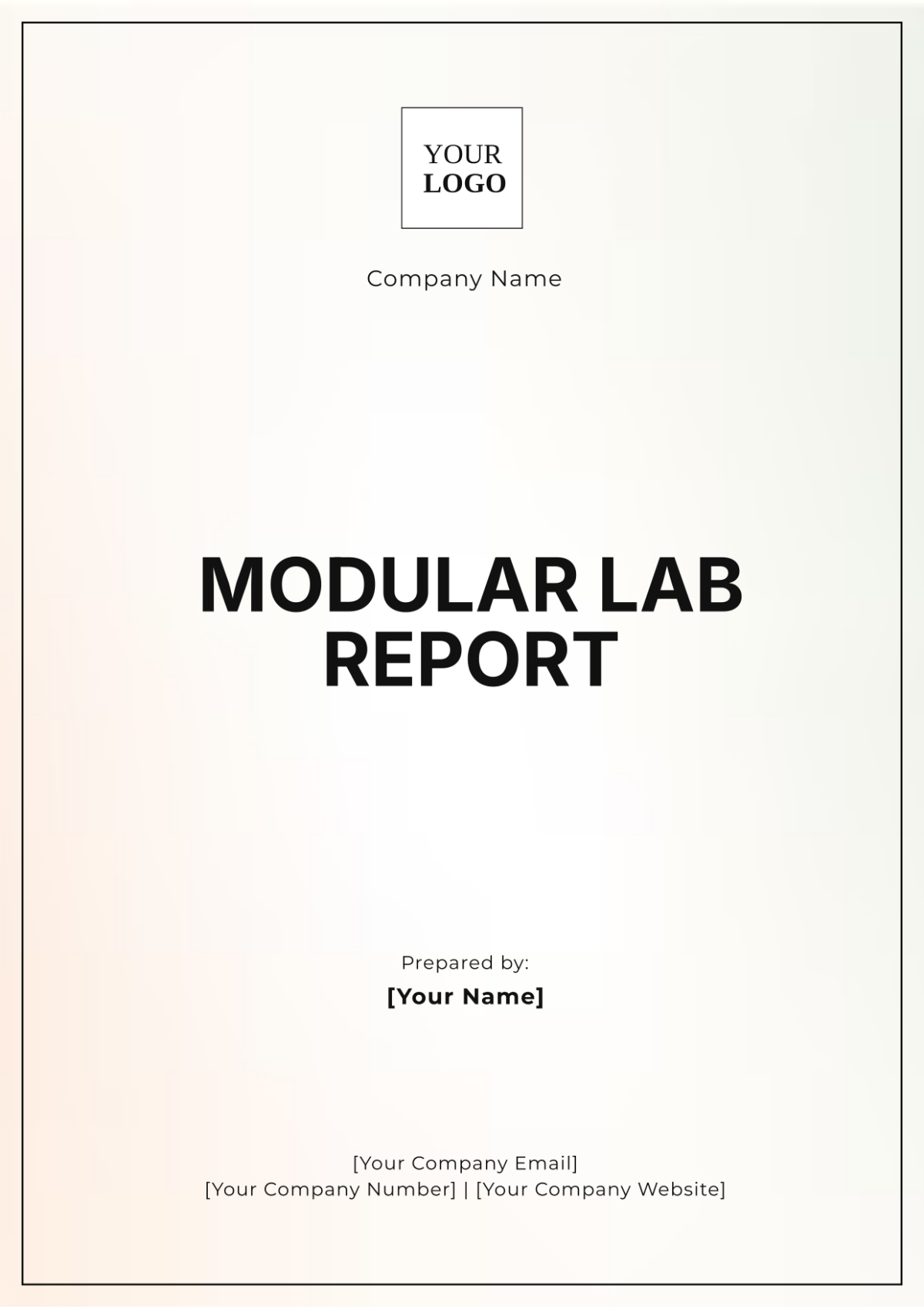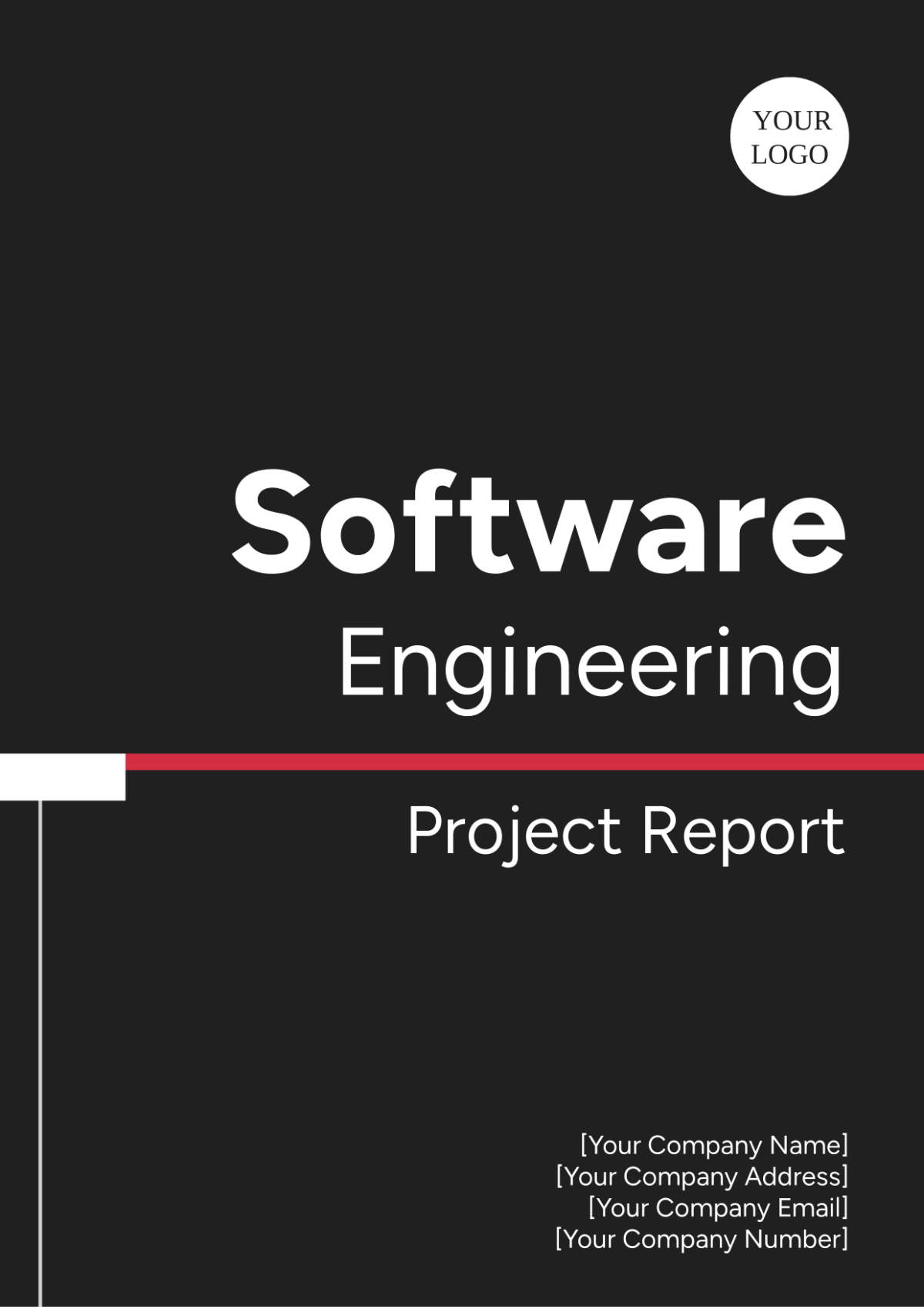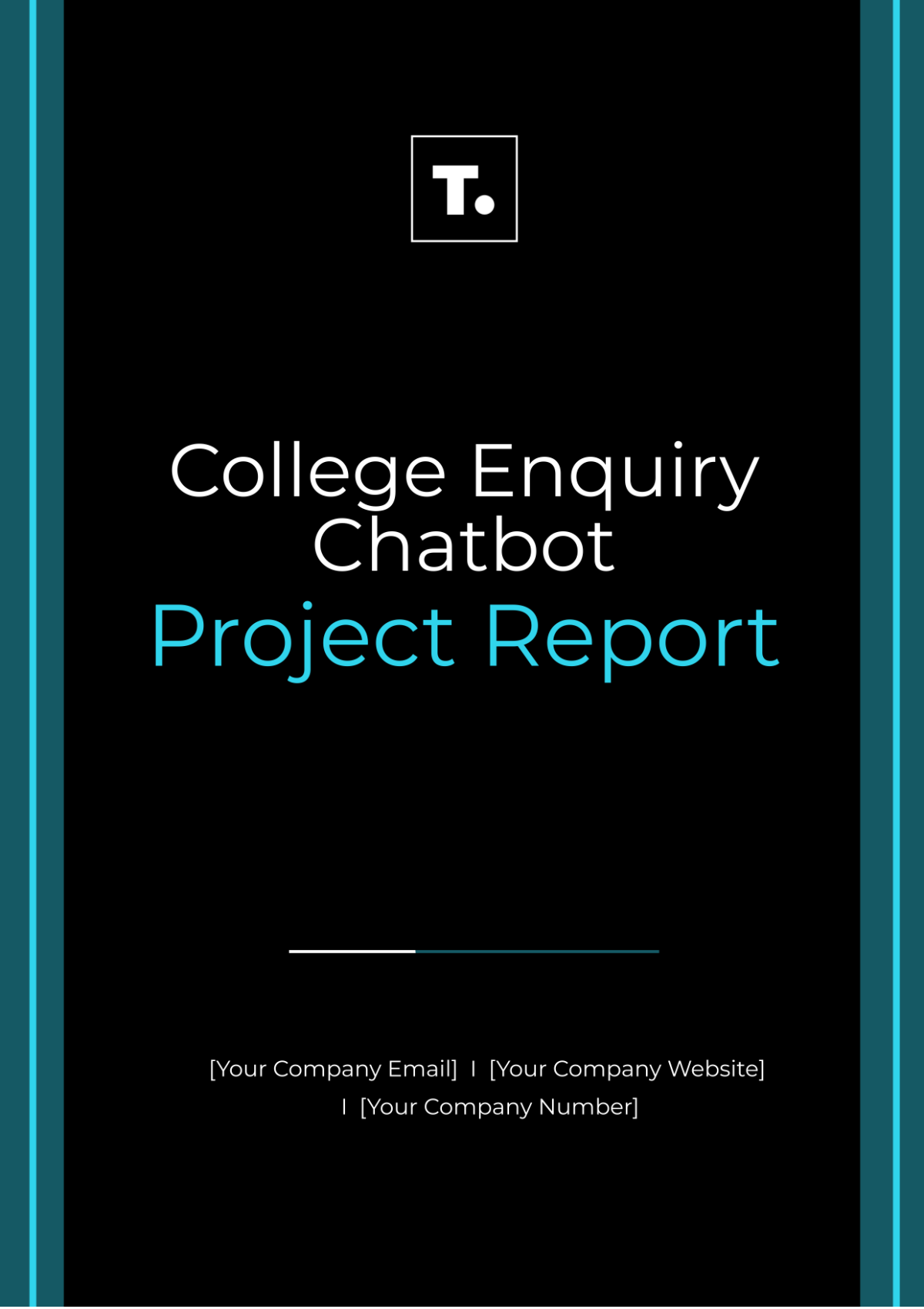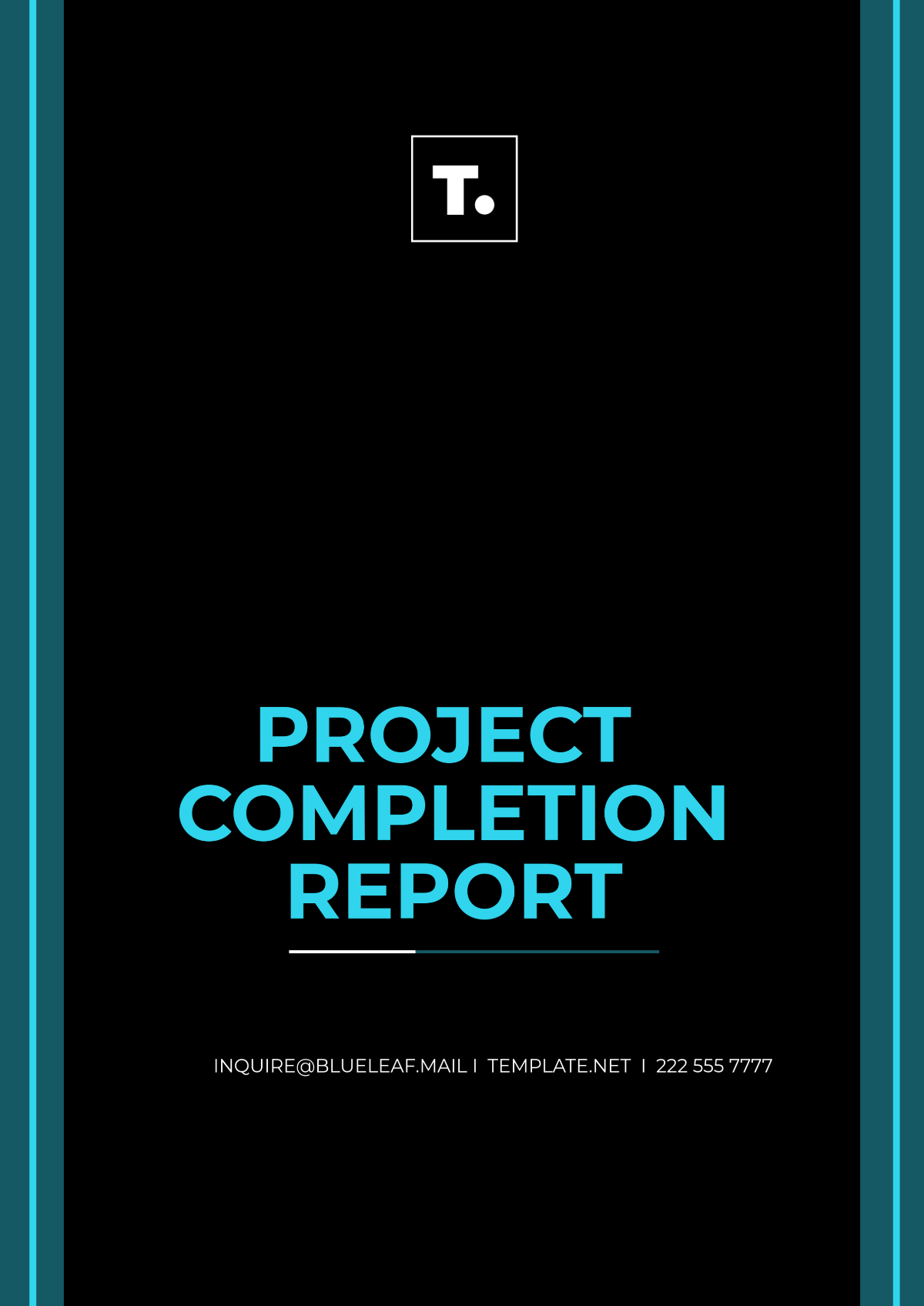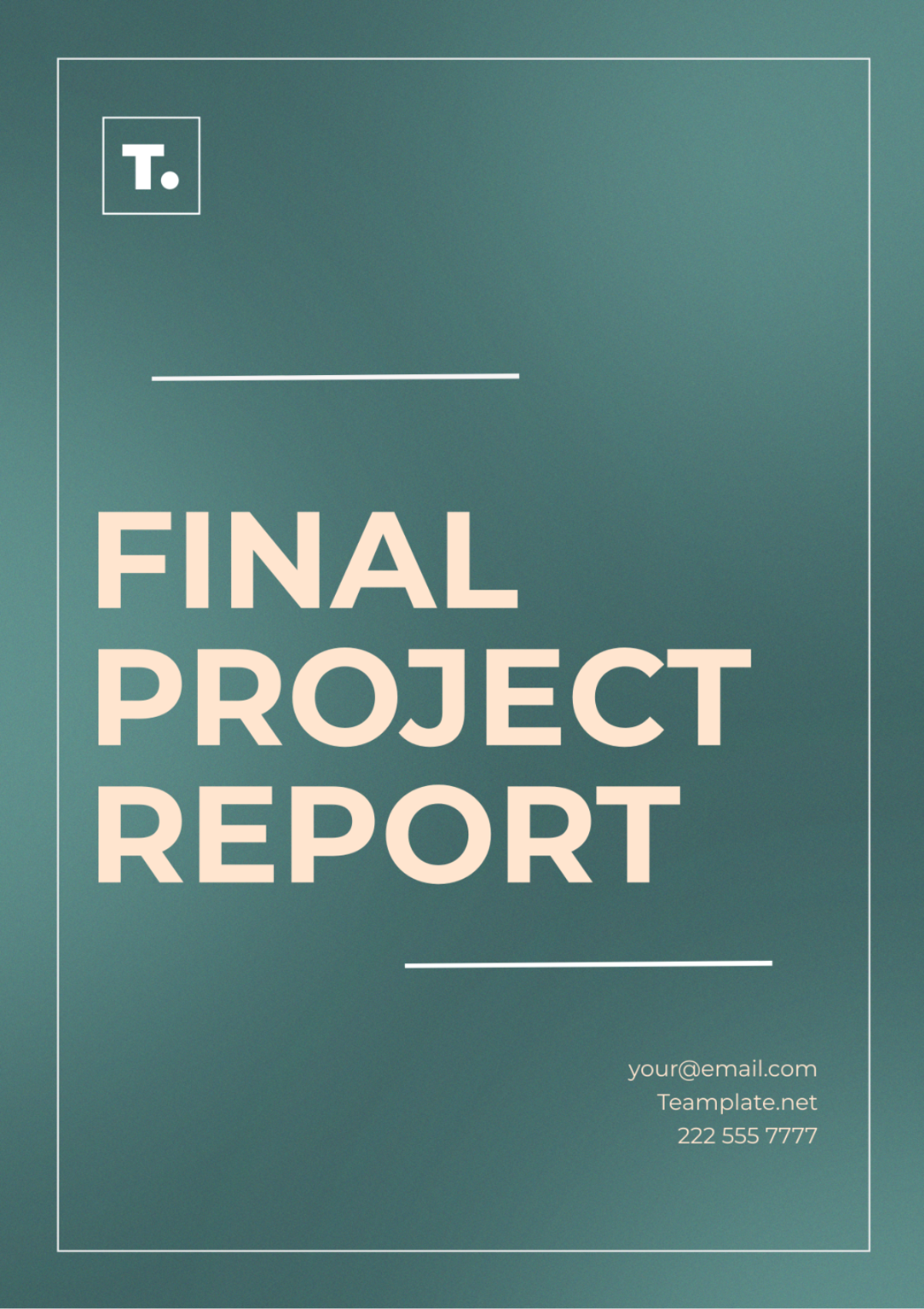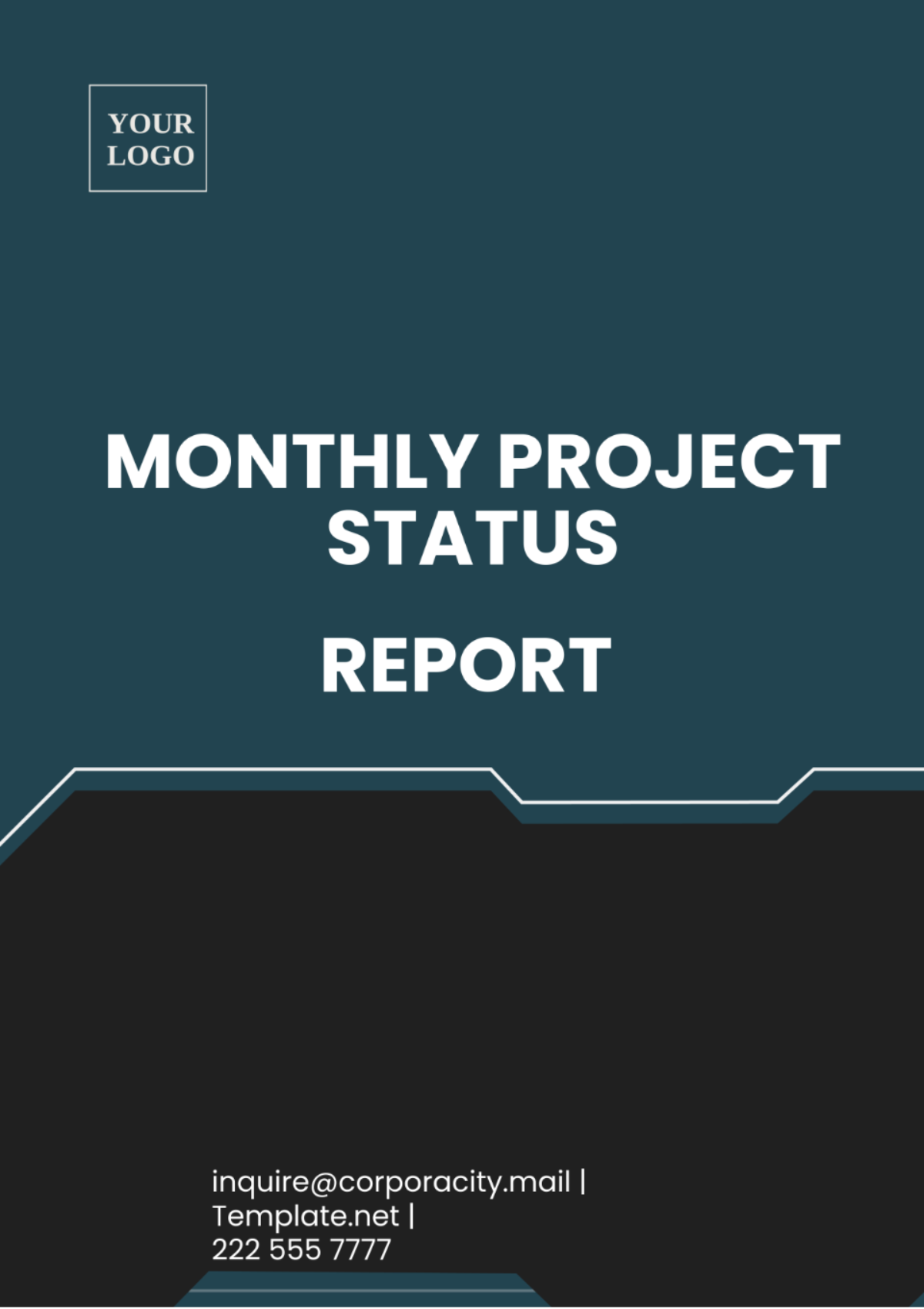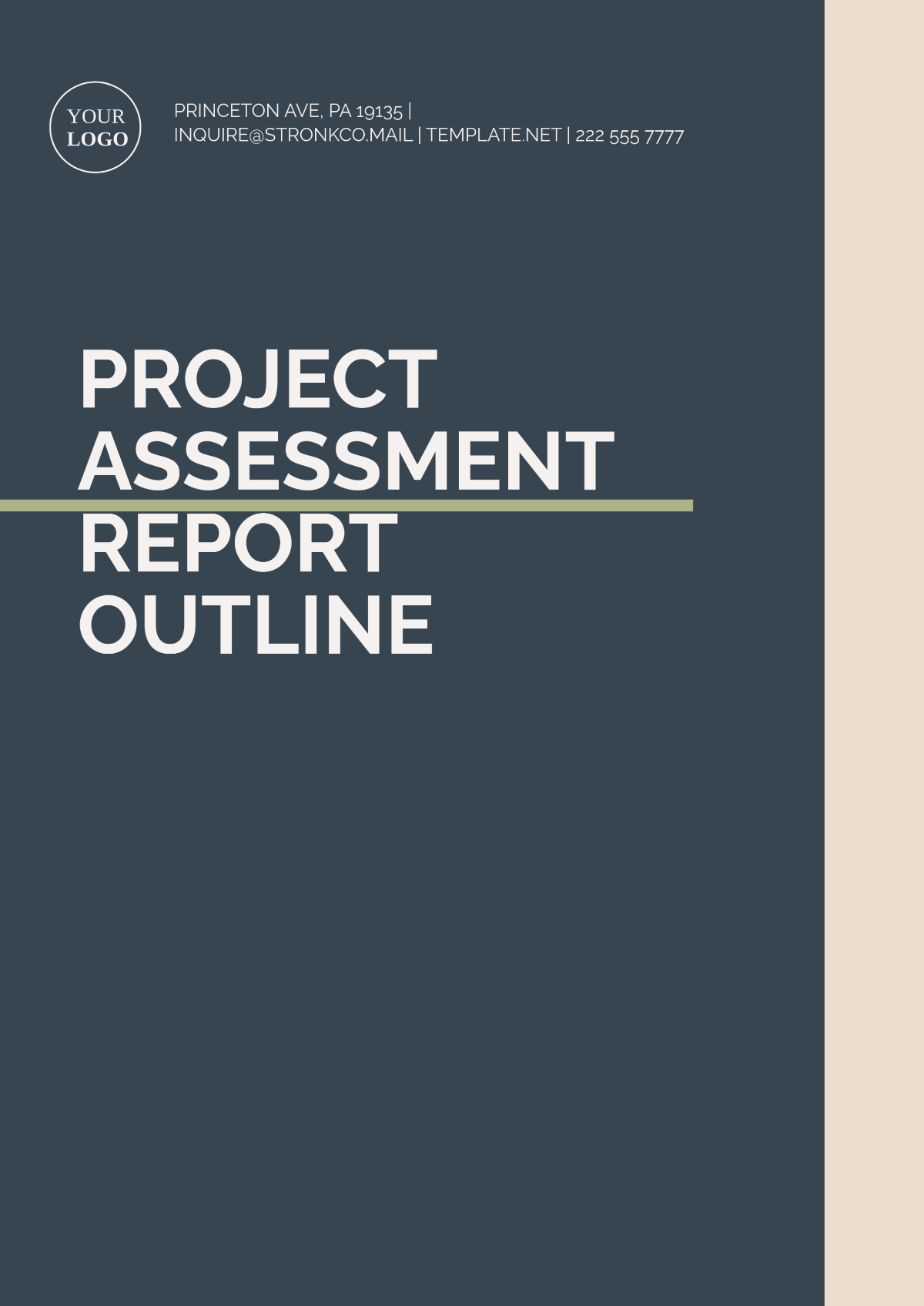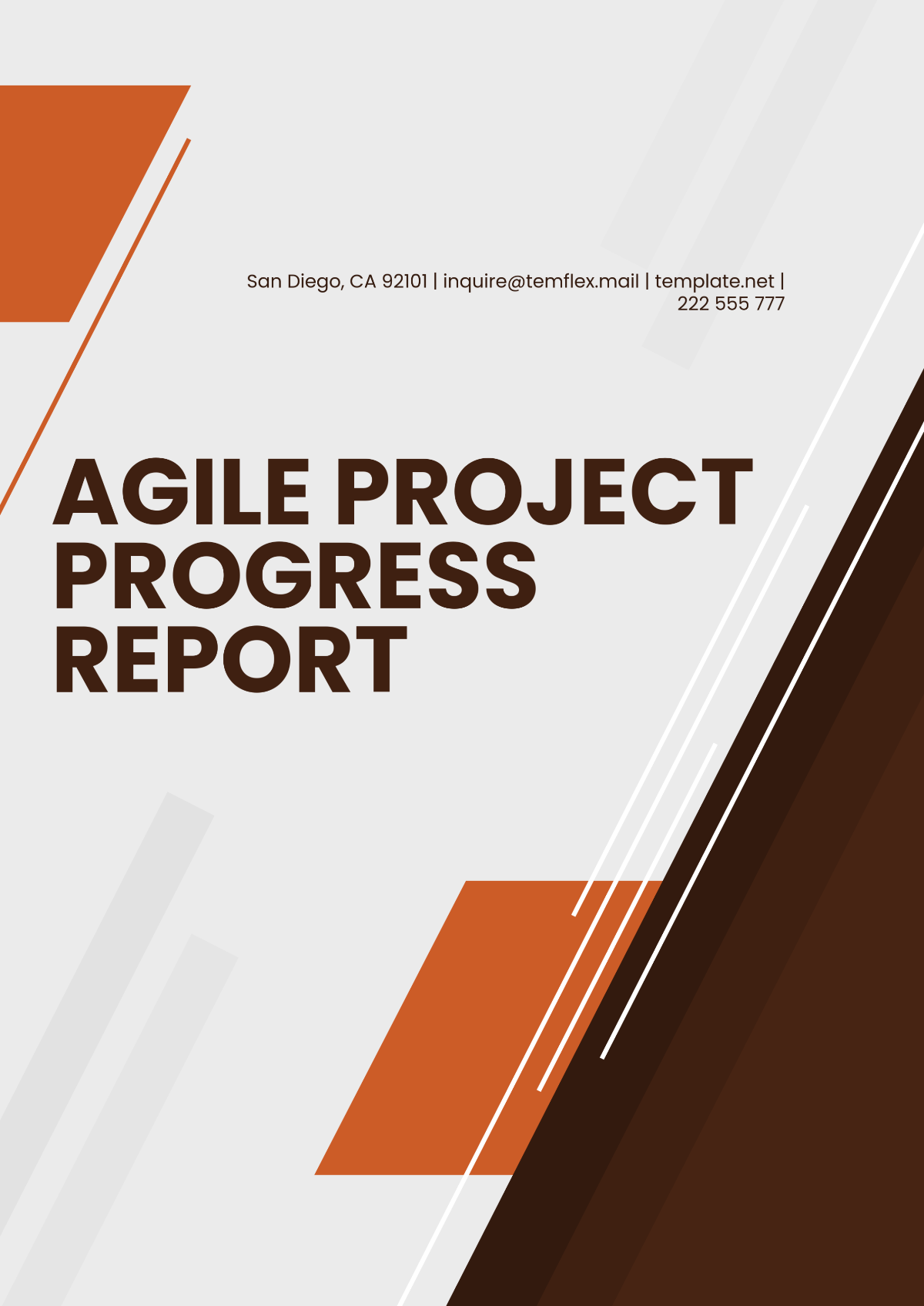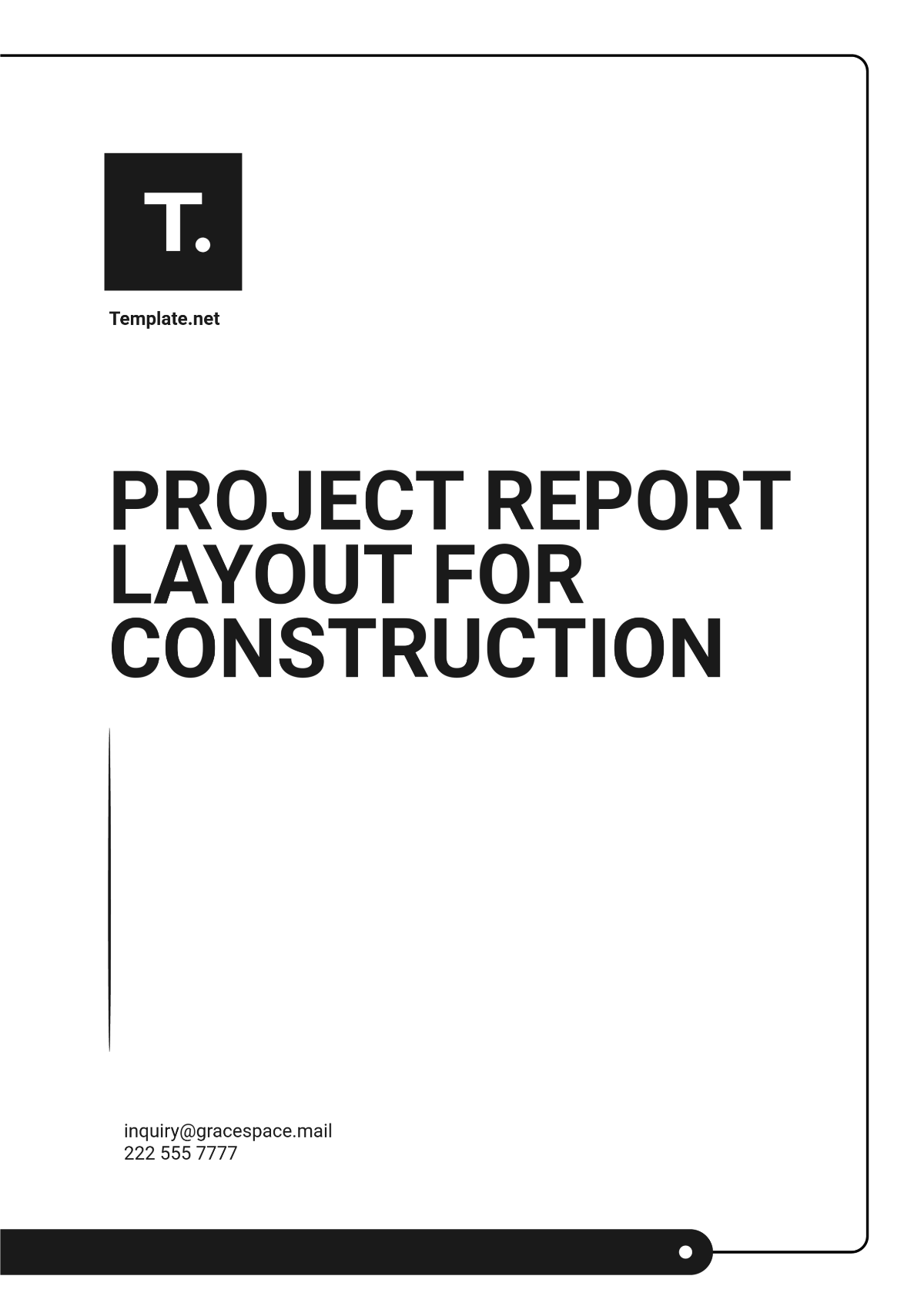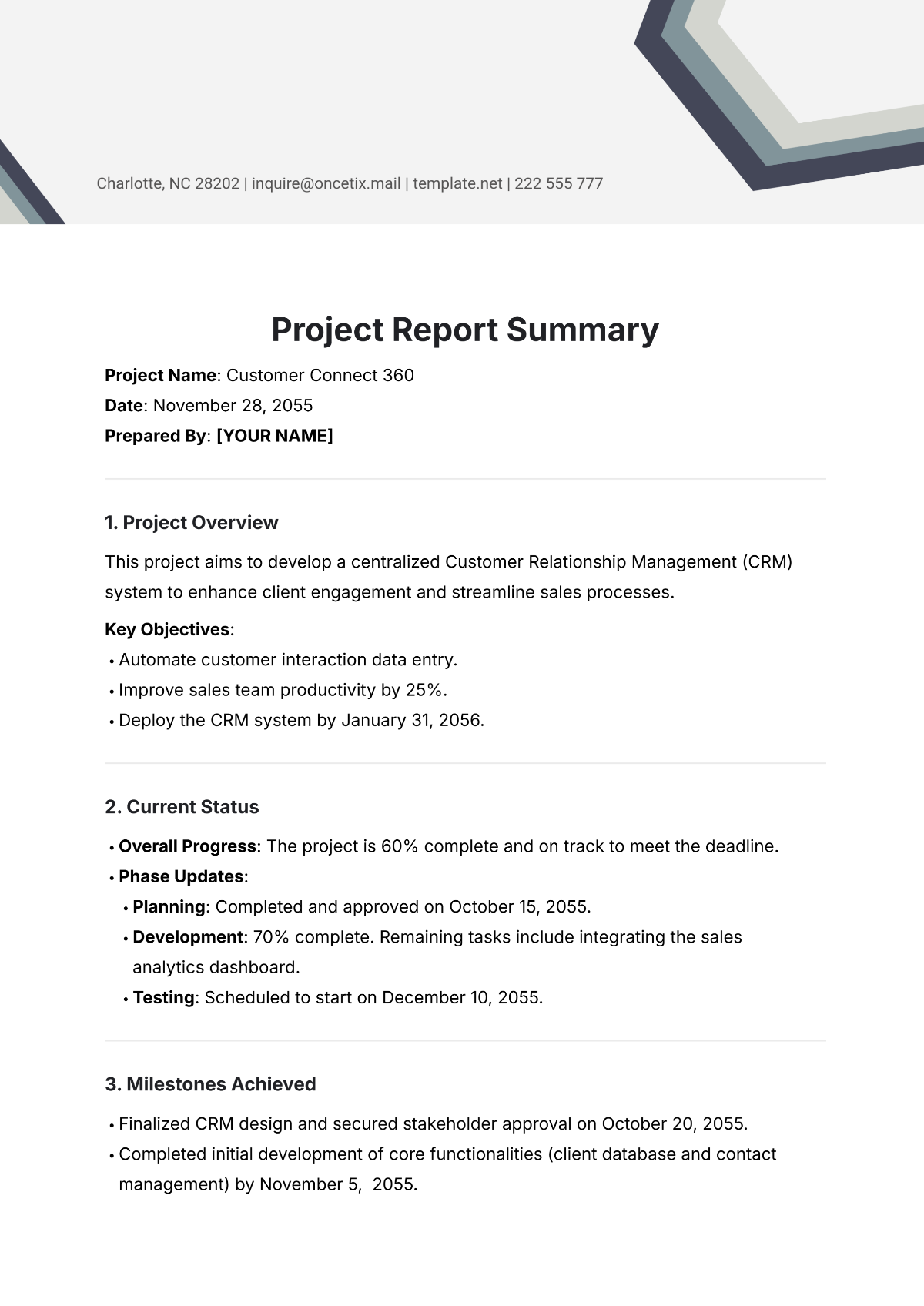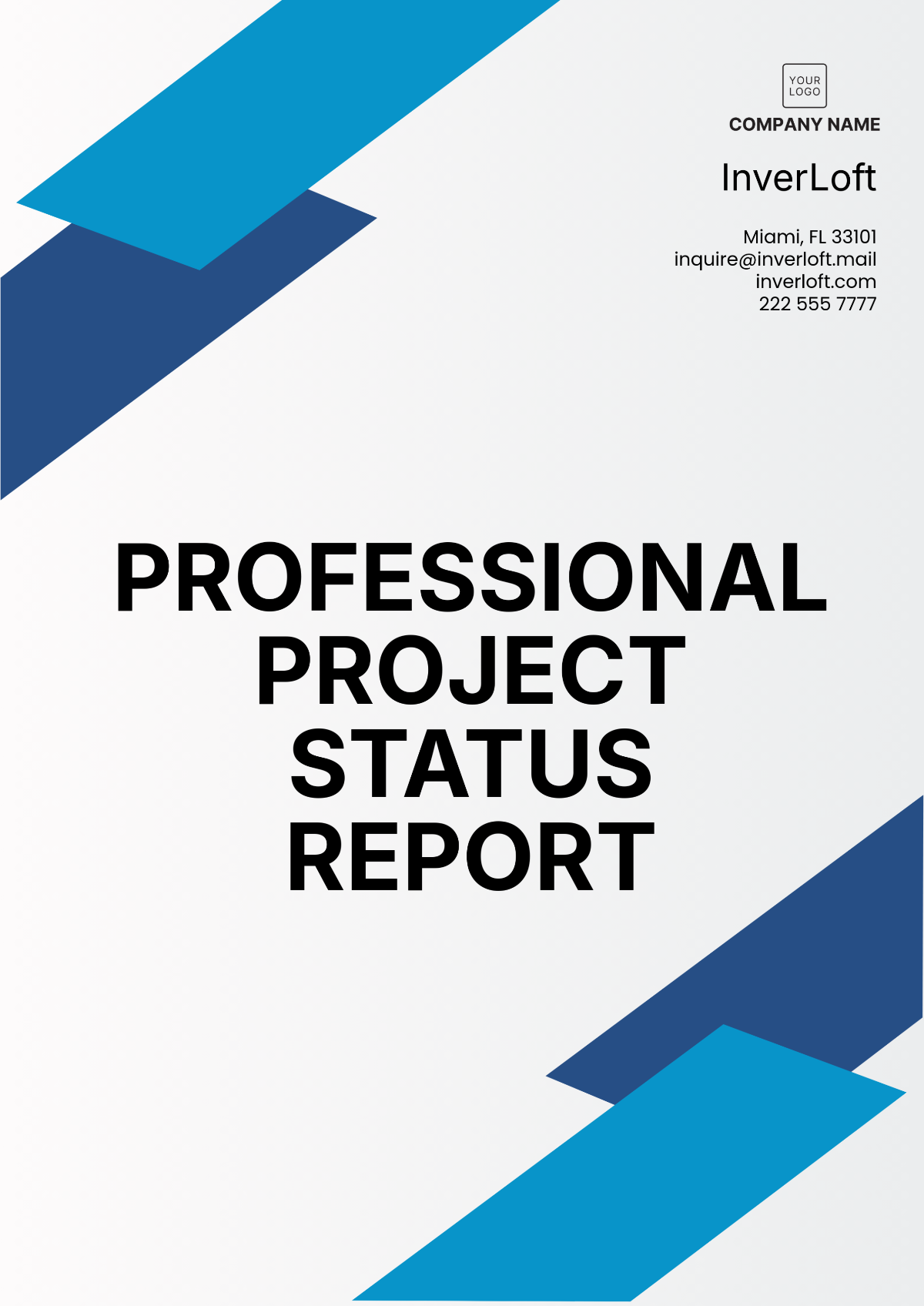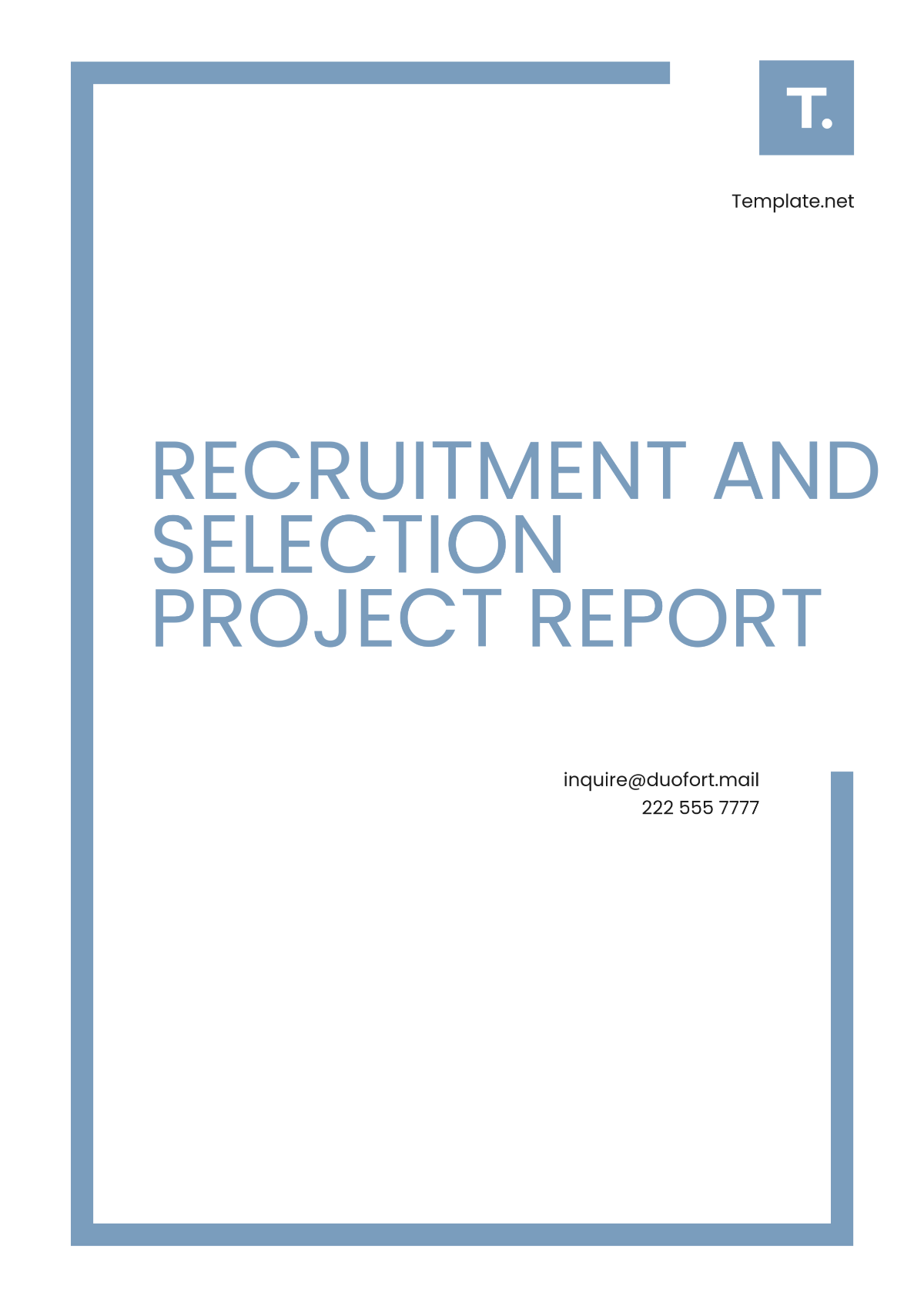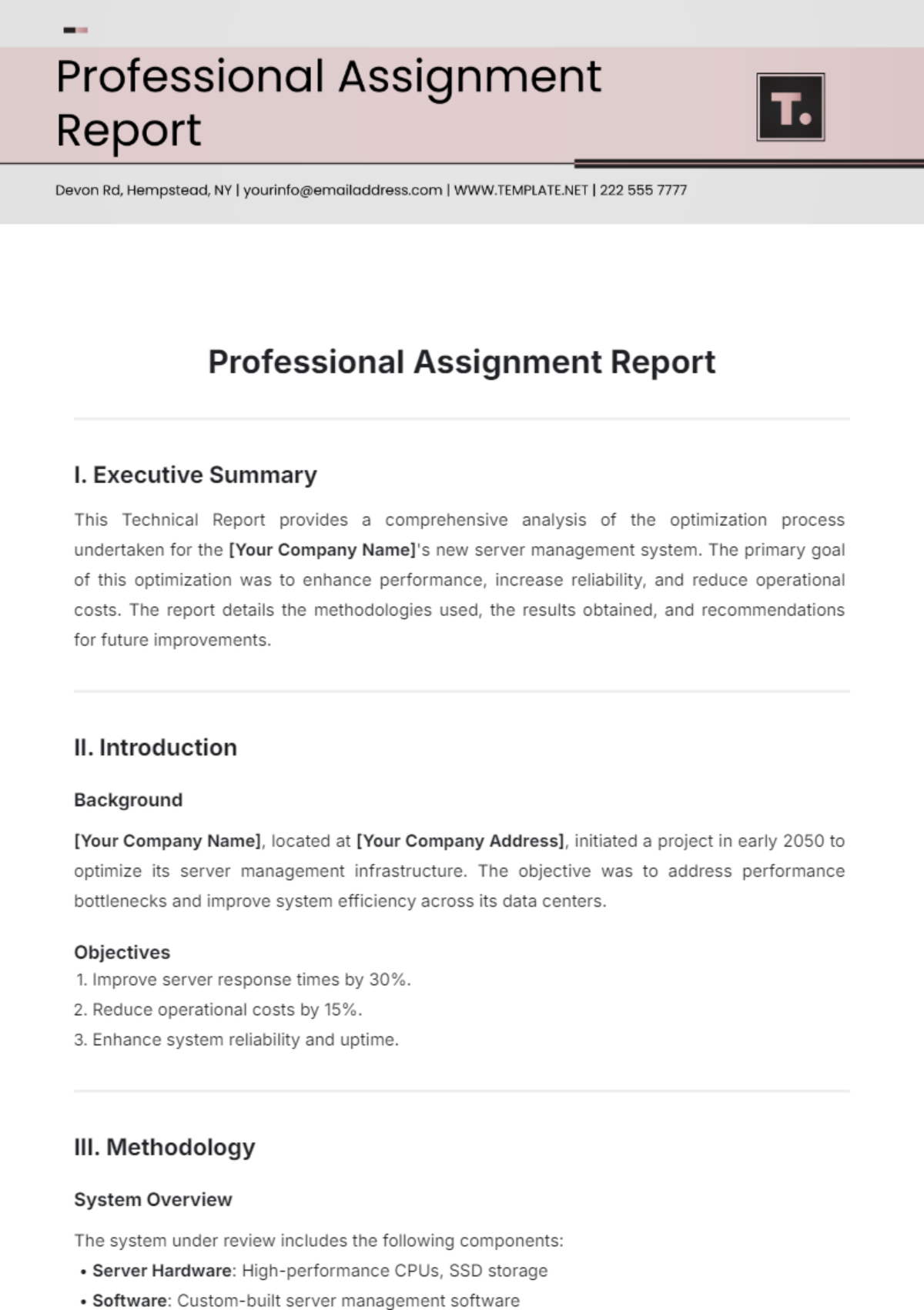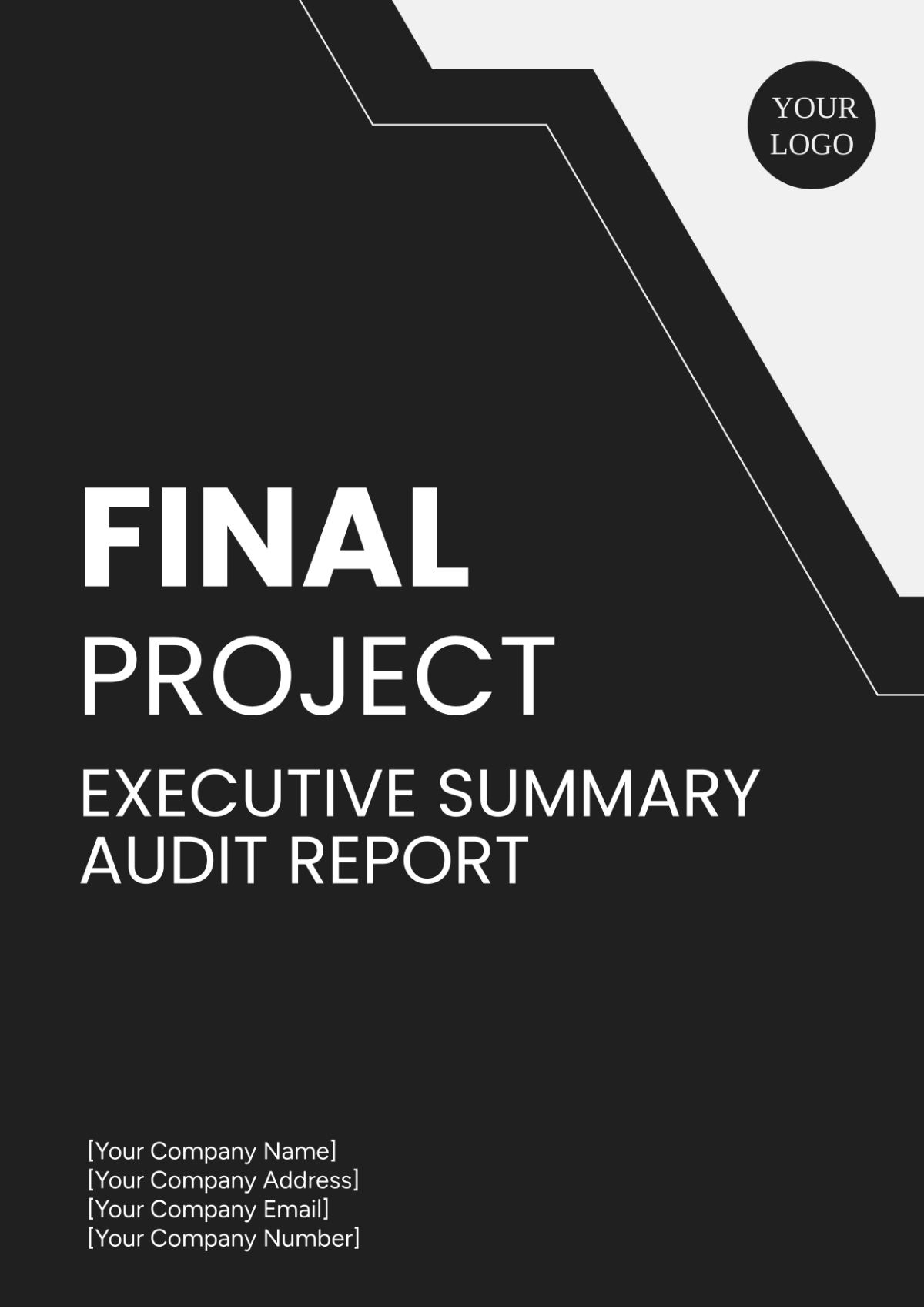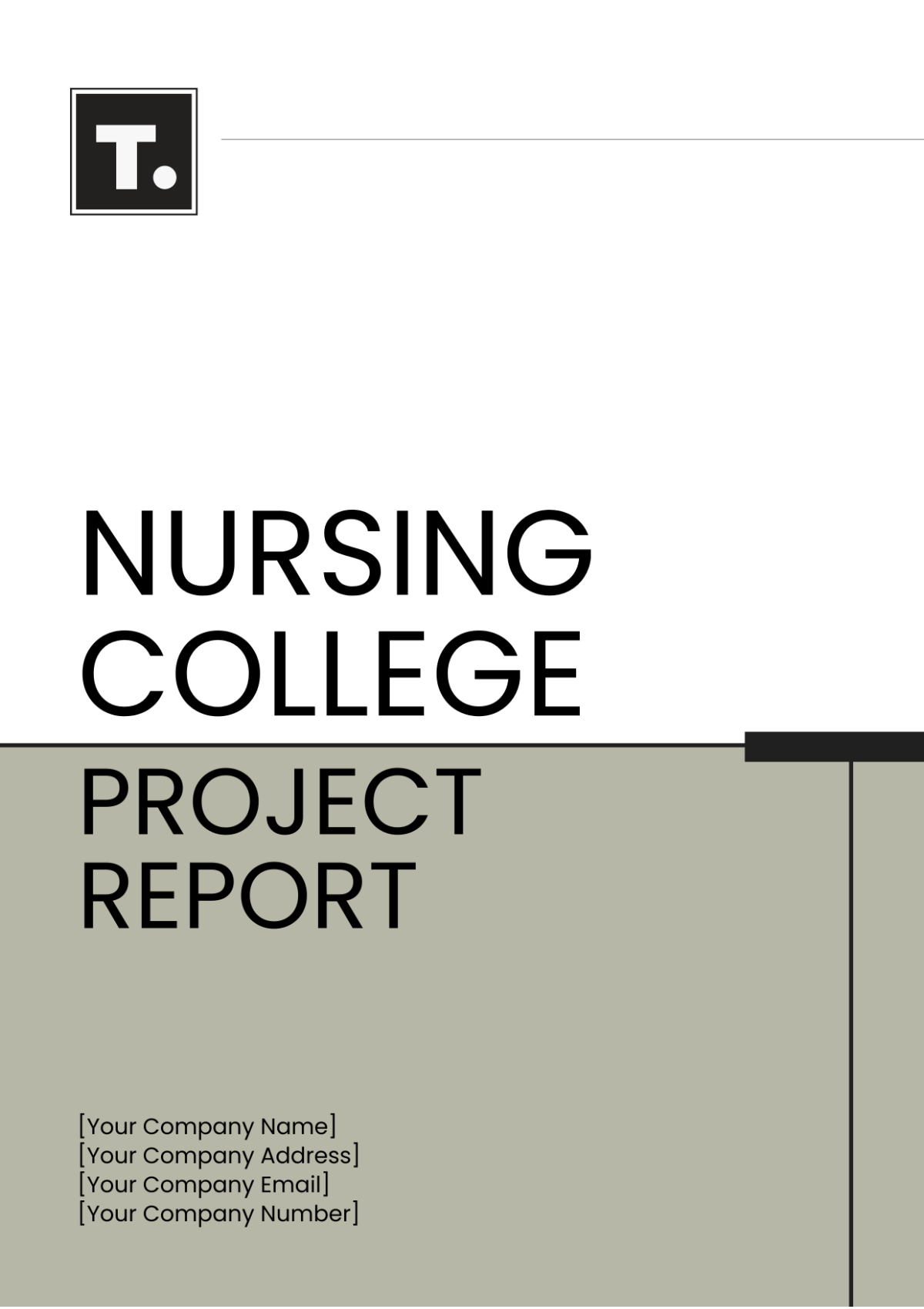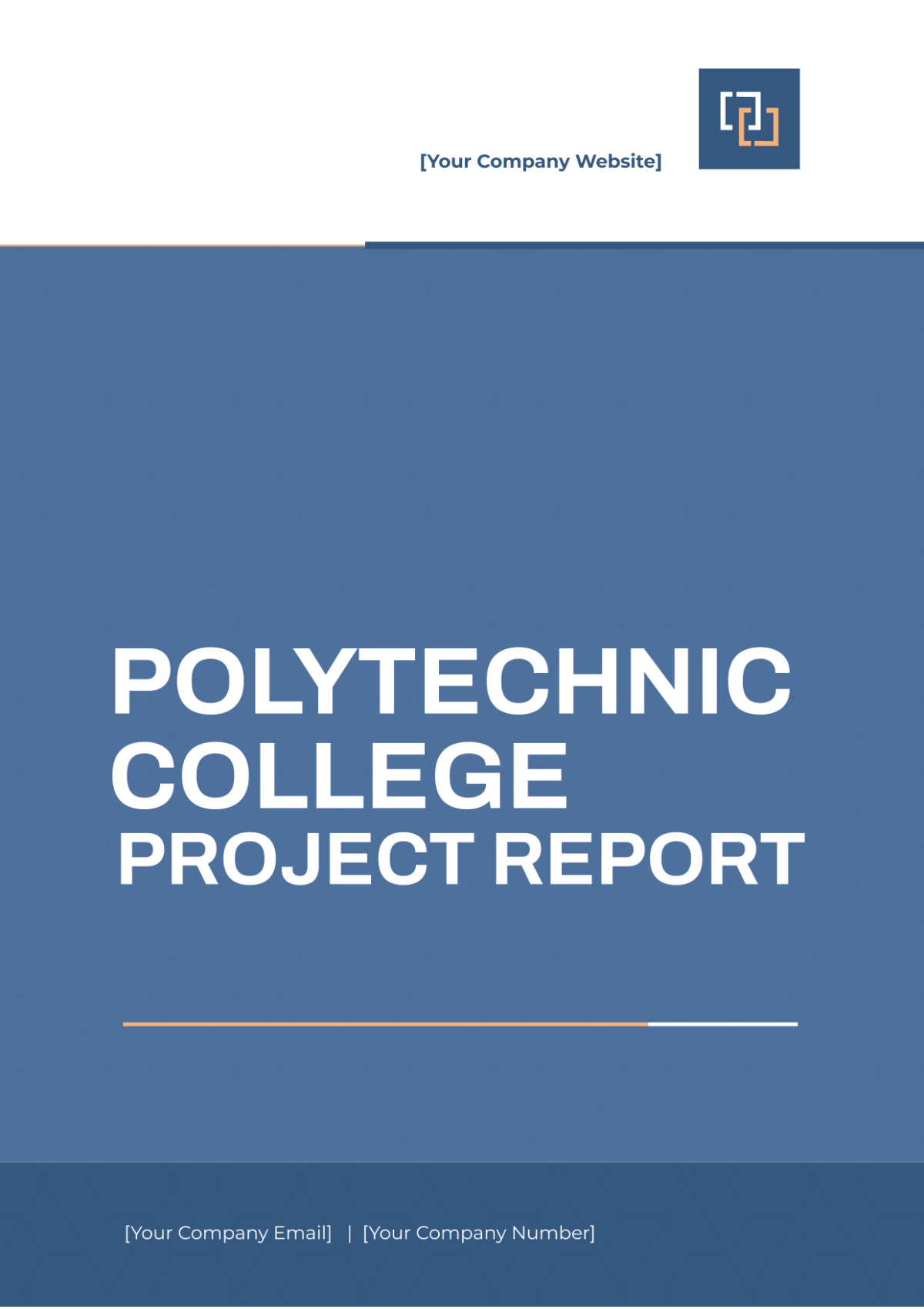College Bus Tracking System Project Report
I. Executive Summary
The College Bus Tracking System Project aims to revolutionize the transportation services provided by [UNIVERSITY NAME] by implementing an advanced tracking system for its fleet of buses. This comprehensive report outlines the project's objectives, methodology, key findings, and recommendations for successful implementation.
II. Introduction
In response to the growing need for enhanced safety measures and improved efficiency in transportation services, [YOUR COMPANY NAME], a leading provider of innovative solutions, proposes the development and deployment of a cutting-edge bus tracking system tailored specifically for [UNIVERSITY NAME]. This system will leverage state-of-the-art technology to provide real-time tracking, monitoring, and management of college buses, thereby addressing various challenges and enhancing the overall transportation experience for students, faculty, and staff.
III. Objectives
The primary objectives of the College Bus Tracking System Project are multifaceted and include:
Enhancing Safety and Security: By implementing a real-time tracking system, the project aims to increase the safety and security of students and staff during their commute to and from the campus.
Improving Efficiency: The system seeks to optimize bus routes and schedules, thereby reducing waiting times, minimizing congestion, and improving overall transportation efficiency.
Enhancing Transparency and Accountability: Through transparent tracking and reporting mechanisms, the project aims to foster accountability among transportation staff and ensure compliance with service standards.
Facilitating Communication: The system will facilitate seamless communication between college administrators, transportation staff, and passengers, enabling timely updates, notifications, and feedback mechanisms.
Enabling Data-Driven Decision-Making: By harnessing data analytics capabilities, the project seeks to provide insights into passenger behavior, route preferences, and operational performance, empowering decision-makers to make informed choices and continuous improvements.
IV. Methodology
The project will follow a structured methodology encompassing the following key phases:
Requirement Analysis: Conduct comprehensive surveys, interviews, and workshops with stakeholders to identify specific needs, challenges, and expectations related to transportation services.
System Design and Development: Based on the requirements gathered, design and develop a robust and scalable bus tracking system encompassing user-friendly interfaces, backend infrastructure, and integration capabilities.
Testing and Validation: Conduct rigorous testing, including functional, performance, and user acceptance testing, to ensure the reliability, accuracy, and usability of the tracking system.
Deployment and Training: Roll out the system across the college campus, ensuring seamless integration with existing infrastructure, and provide comprehensive training to transportation staff, administrators, and end-users.
Monitoring and Maintenance: Establish mechanisms for continuous monitoring of system performance, data integrity, and user feedback, and provide ongoing maintenance and support to address any issues, enhancements, or evolving requirements.
V. Findings
Through extensive research, analysis, and stakeholder consultations, the project team has identified several key findings:
Safety Concerns: There is a pressing need to address safety concerns associated with college transportation, including traffic accidents, delays, and incidents.
Operational Inefficiencies: Current bus scheduling, routing, and dispatching processes are inefficient and often result in suboptimal utilization of resources.
Communication Gaps: Communication between college administrators, transportation staff, and passengers is fragmented, leading to confusion, frustration, and dissatisfaction.
Data Limitations: There is a lack of comprehensive data and analytics capabilities to support evidence-based decision-making and performance monitoring.
VI. Recommendations
In light of the findings outlined above, the project team proposes the following recommendations:
Implementation of Real-Time Tracking: Implement a robust bus tracking system equipped with GPS technology and mobile applications to provide real-time tracking and monitoring of buses.
Optimization of Routes and Schedules: Utilize data analytics tools to analyze passenger demand, traffic patterns, and route efficiency, and optimize bus routes and schedules accordingly.
Enhancement of Communication Channels: Establish centralized communication channels, such as mobile apps, websites, and automated notifications, to facilitate seamless communication between stakeholders.
Investment in Data Analytics: Invest in advanced data analytics tools and capabilities to collect, analyze, and visualize transportation data, enabling evidence-based decision-making and performance monitoring.
Training and Capacity Building: Provide comprehensive training programs and capacity-building initiatives to equip transportation staff, administrators, and end-users with the necessary skills and knowledge to effectively utilize the bus tracking system.
VII. Conclusion
The College Bus Tracking System Project represents a significant milestone in [UNIVERSITY NAME]'s journey toward enhancing safety, efficiency, and transparency in transportation services. By implementing a comprehensive tracking system and adopting data-driven practices, we are poised to revolutionize the college transportation experience and create a safer, more connected campus community.
For inquiries or further information, please contact:
Name | [YOUR NAME] |
|---|---|
[YOUR EMAIL] | |
Company | [YOUR COMPANY NAME] |
Address | [YOUR COMPANY ADDRESS] |
Phone | [YOUR COMPANY NUMBER] |
Website | [YOUR COMPANY WEBSITE] |
